The most common complaint offered during any conversation about traffic in Fernley is about
the roundabout. The same goes for a poll conducted by the engineering firm Wood Rodgers as
part of the Fernley Corridor Action Plan Study, being jointly conducted by the city of Fernley
and the Nevada Department of Transportation, and during a workshop held Aug. 7 at the Fernley
Senior Center to hear community feedback on the corridor study.
Representatives of Wood Rodgers were on hand to gather feedback from the community at the
workshop, which Wood Rodgers Community Outreach Manager Kyle Kubovchik said will be
compiled and presented at a community meeting sometime this winter.
Some residents attending the workshop were disappointed that no representatives of NDOT were
at the meeting and that there was no presentation on the project. Instead, representatives of Wood
Rodgers, which is conducting the study on behalf of NDOT, milled around the room talking with
residents who came with questions or suggestions, compiling many of them on sticky notes.
“Next time we’ll be talking about it,” Kubovchik said.
As of the time of the Aug. 7 meeting, Kubovchik said there were a little more than 210 responses
to the survey, which will remain open at Fernley.woodpolls.com until at least the end of next
week.
“The next step is we’ll take all the feedback we got in the survey, we’ll summarize it, sift through
it all, and all these little comments that people mark on here — those all get documented,”
Kubovchik said. “And then we add that to analysis that we’re doing of existing problems, safety
and traffic and those things, and then start identifying our long list of issues that we need to
address and start developing solutions for them.”
The Fernley Corridor Action Plan is studying three of the main traffic corridors in the city —
Main Street from Exit 46 to Exit 48, including the roundabout; Farm District Road from the
roundabout to the intersection of U.S. 50A; and U.S. 95A from Main Street to Royal Oaks Drive.
Kubovchik said after the feedback is presented, the next step is to come back to the public with
an initial set of alternatives for each of the corridors in the study. That could include everything
from speed limits to traffic signals.
“It’s mostly going to focus on infrastructure projects that could then get programmed, and then
try to seek funding based on a prioritized list,” he said. “So, if it’s as simple as maybe changing
some phasing at a signal or speed limits, we identify those early actions too.”
Aside from the fact that the roundabout exists at all, Kubovchik said queuing is the biggest issue
the survey has revealed.
“One of the issues you have here is you have a lot of left turns,” he said. “Anytime you have a
vehicle make a left turn through a roundabout, it increases the saturation of that roundabout.”
Fernley Senior Planner Alisa Johansson said the most specific problem with the roundabout is
north-south traffic not allowing east-west traffic to get through.
“The way the roundabout was designed, the number of lanes and also we believe potentially the
radius could contribute to certain lanes of traffic not naturally having gaps in it, which would
allow the other vehicles to enter the roundabout,” she said. “One of the things I’ve observed is
that if you are going north-south, there could sometimes be an unbroken line of cars that goes
through that doesn’t allow the east-west folks to break into that line.”
Kubovchik said they have taken extensive drone footage of traffic in the roundabout and are
studying it to identify causes for the problems.
“Roundabouts are very unique. They work very well when they work very well — way better
than the signals,” he said. “But when they don’t, they’re a little bit harder to figure out what these
issues are.”
One problem, Kubovchik said, is that it seems like Fernley has grown faster than the roundabout
was designed for.
Johansson said that’s a problem every municipality faces.
“You’re planning for the future, but the future is changing as you’re trying to plan for it because
growth and change is happening in real time,” she said. “If you really want to effectively manage
growth in a community, you have to take the time to do those planning efforts first. And because
those planning efforts take time, you’re inherently always just a little bit behind the eight ball,
and particularly with roadway infrastructures, because we are a car-dependent culture.”
As the study progresses into determining solutions for the problems that are identified,
Kubovchik said those potential solutions will be based on future land uses, future densities,
population and future roadway connections.
“We’ll look at what would it take today, based on existing conditions, to make the roundabout
operate better, and then we’ll look in the future and identify what it would take in the future,
estimating 2050 volumes,” he said. “And if it just can’t in the future, well, then they need to
build a better mousetrap, and we’ll help identify what that mousetrap looks like.”
Kubovchik said the overall study schedule is 15 months and began about two months ago.
“But the city’s very focused on getting this done quickly so they can start pursuing solutions, so
we’re going to see what we can do to compress that schedule,” he said.

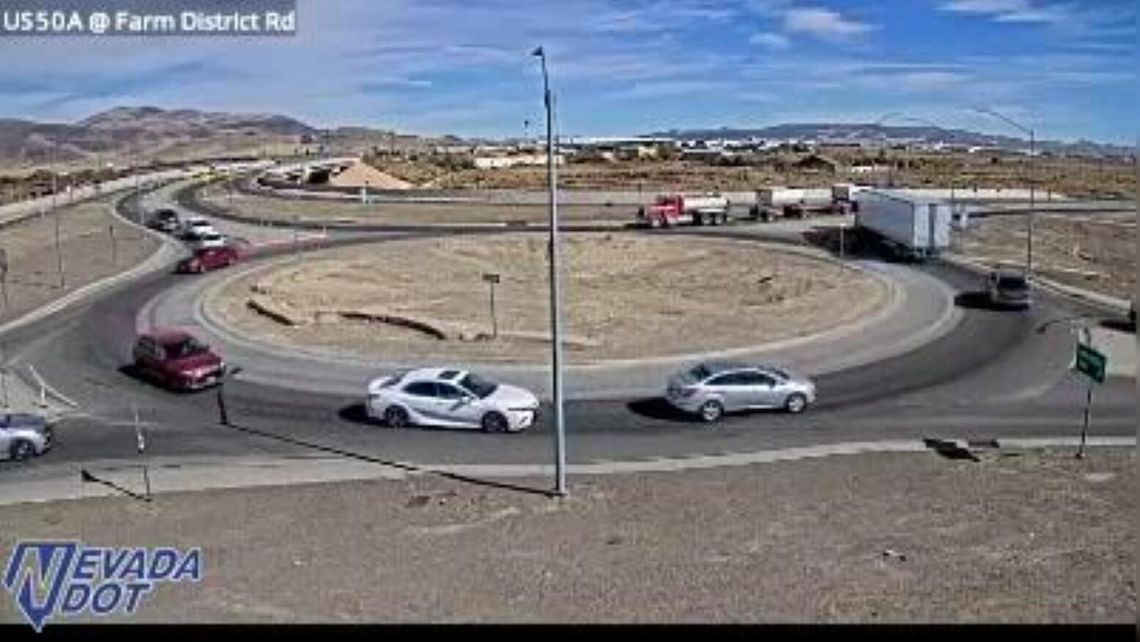
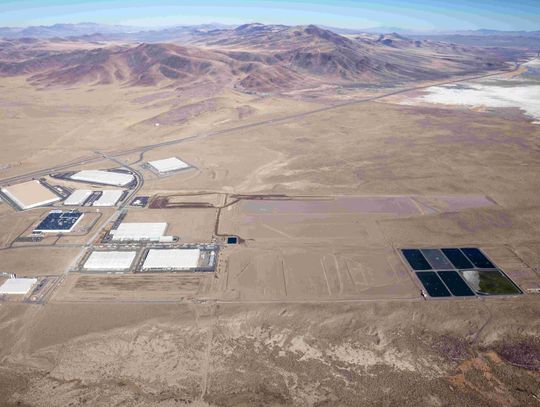
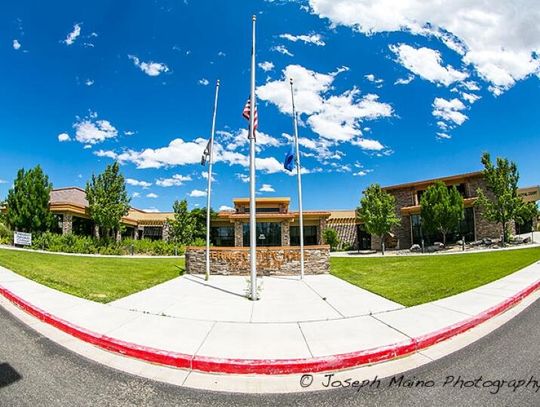
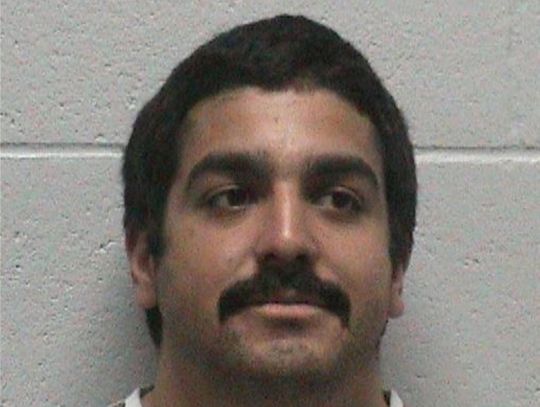
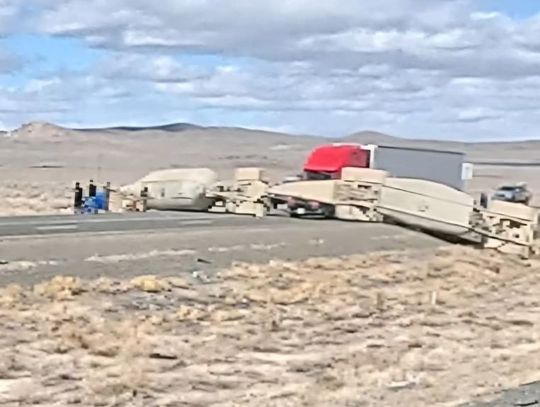
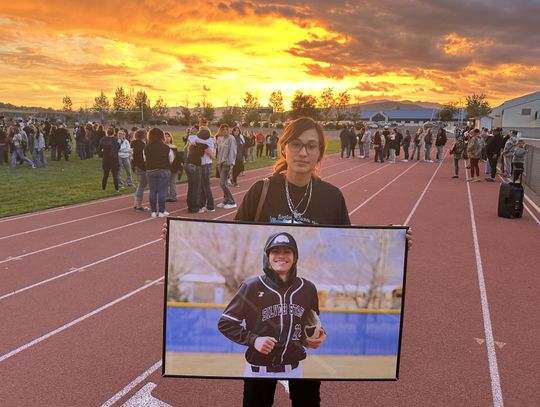

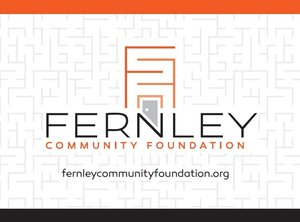
Comment
Comments